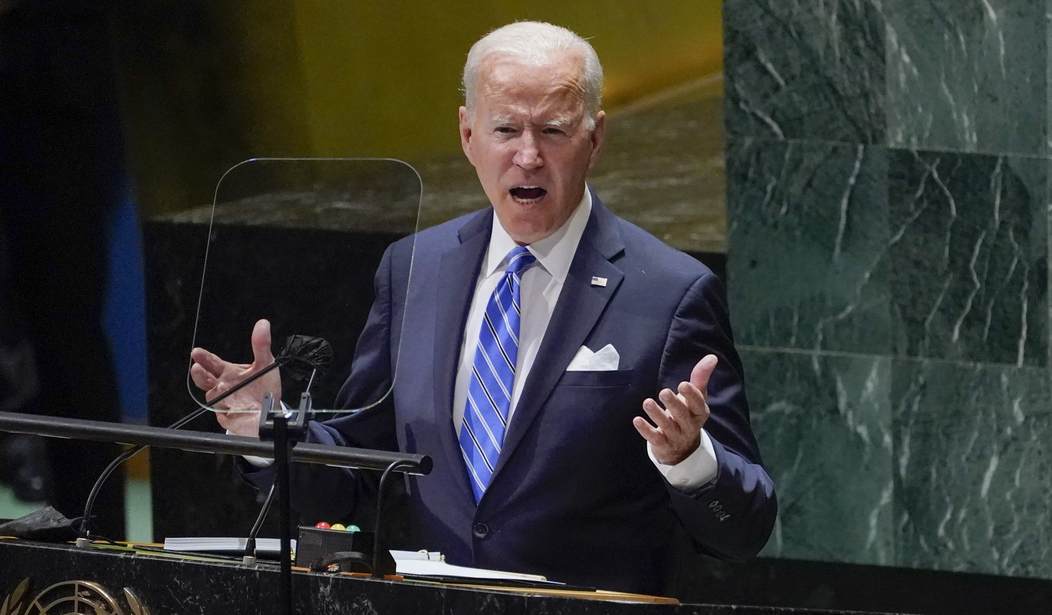In 2015, the United Nations set some ambitious "sustainable development goals," or SDGs, for the world to reach by 2030. Among them, a collective pledge to eradicate extreme poverty, provide for secondary education for all young people, end gender inequality, tackle climate change, and provide "universal access" to sustainable energy for the world. Ahead of this week's U.N. General Assembly, however, world leaders are admitting that — by the midpoint in their timeline — they aren't going to achieve the aims they set for themselves. What's more, they're admitting that some areas they've pledged to work on are now actually worse than they were before being supposedly prioritized in 2015.
As the AP's Chief U.N. Correspondent Edith Lederer put it bluntly, "progress is lagging badly — and in some cases going backward." Yet the world leaders who set the goals but aren't on track to achieve them are set to warn that the SDGs are "in peril" this week on the sidelines of the UNGA.
Currently, halfway through the timeline leaders set, they admitted that "[o]nly 15% of some 140 specific targets to achieve the 17 goals are on track" and "[m]any are going in the wrong direction," according to the AP.
More from Lederer's report:
At the current rate, the report said, 575 million people will still be living in extreme poverty and 84 million children won’t even be going to elementary school in 2030 – and it will take 286 years to reach equality between men and women.
“The SDGs need a global rescue plan,” the U.N. chief said. He called the summit “the moment for governments to come to the table with concrete plans and proposals to accelerate progress.”
It isn’t just governments that need to step up, Guterres said. He urged activists as well as the business community, scientists, academics, innovators, women and young people to join in working to achieve the goals.
It's not news that the United Nations is failing to be useful or achieving its goals, but it is notable that — time and again — the pretend saviors of the world think that more "international cooperation" or work to "build a sustainable future" will save humanity, or whatever.
Recommended
Perhaps, instead of holding its umpteenth attempt to condemn Israel for existing or allowing a genocidal regime to head up a human rights committee, the U.N. should try promoting what actually works to life people out of poverty and create more opportunity for human flourishing across the world: free markets.
In 2013, a report from the American Enterprise Institute found that it wasn't government programs nor lofty goals issued by global bodies but free market capitalism that was responsible for lifting nearly one billion people out of extreme poverty in just 20 years.
Now, the UN warns that 575 million people will still be living in squalor by 2030. If the U.N. pushed for free markets around the world and worked to open more countries' markets to capitalist enterprise, the 2013 study suggests that half a billion people could be lifted out of extreme poverty in the seven years remaining before their 2030 deadline.
Where free markets flourish, so do people. More opportunities spur more education and innovation as increased capital allows for more risks and greater rewards. Infrastructure improves creating better living conditions, better healthcare, and longer, healthier lives.
But, instead of free markets, the U.N. keeps trying to force adherence to a narrow range of "sustainable" so-called solutions it says hold the key to human flourishing. So far, predictably, that hasn't worked as the clumsy and ineffective hand of the U.N.'s global bureaucracy is even worse at determining how people ought to live than America's federal government.

























